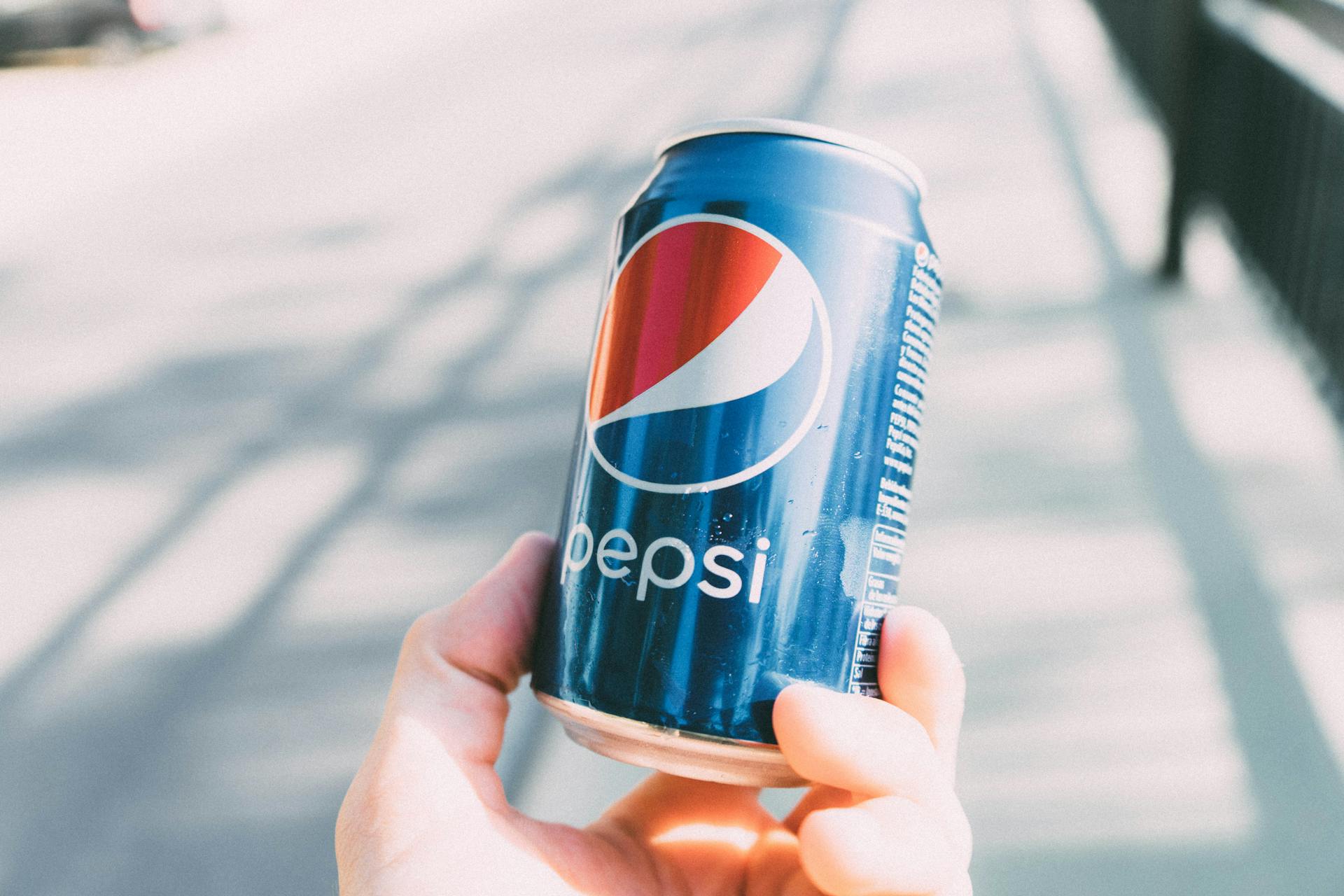
Ever feel like you’re making diverse choices at the grocery store or pharmacy? In reality, many of the brands you think are competitors are actually owned by the same parent company. These corporate giants dominate entire industries, using multiple brand identities to give the illusion of variety. Once you understand how brand ownership really works, you might think twice about how “independent” your choices really are. Here are 10 well-known brand pairings that are surprisingly controlled by the same company.
1. Pepsi and Quaker Oats
You might reach for a Pepsi to go with your breakfast oatmeal, not realizing both come from PepsiCo. The beverage giant acquired Quaker Oats in 2001 in a $13.4 billion deal. Today, PepsiCo controls an enormous share of the snack and cereal market. Gatorade, Tropicana, Cap’n Crunch, and Doritos all fall under its umbrella as well. What looks like a spread of options on your shelf is often the result of unified brand ownership.
2. Nestlé and Purina
You may know Nestlé for its chocolate bars and coffee, but it also owns Purina, one of the largest pet food brands in the world. Nestlé bought Ralston Purina in 2001 and has since built a massive pet care division. That means your cat’s dinner and your morning coffee could come from the same corporation. The company also owns brands like Gerber, Stouffer’s, and Perrier. Nestlé’s portfolio spans nearly every aisle of the grocery store.
3. L’Oréal and Maybelline
L’Oréal might be positioned as a luxury beauty brand, while Maybelline markets to budget-conscious shoppers—but both are owned by the L’Oréal Group. The same parent company also owns Garnier, Lancôme, Urban Decay, and Kiehl’s. They control both drugstore staples and high-end counters, often targeting different demographics. It’s a strategic brand ownership tactic: dominate the shelves without making it obvious.
4. Unilever and Dove
Unilever owns a staggering number of household and personal care brands, including Dove, Axe, Vaseline, and Degree. You might think Dove’s gentle image contrasts with Axe’s edgy branding, but they’re both crafted by the same marketing teams. Unilever also owns food brands like Hellmann’s, Lipton, and Ben & Jerry’s. The company’s reach into your kitchen and bathroom is deeper than many consumers realize.
5. Coca-Cola and Smartwater
Coca-Cola is more than soda. It owns Smartwater, Dasani, Minute Maid, Simply Orange, and even Powerade. So while you might switch to Smartwater to avoid soda, you’re still supporting the same corporation. Coca-Cola has spent decades building a diverse beverage empire that adapts to changing consumer trends. Their strategic brand ownership ensures they profit whether you’re hydrating or indulging.
6. Procter & Gamble and Tide
When you see Tide, Gain, Downy, and Bounce on the laundry aisle, you might think you’re comparing different companies. But all of them belong to Procter & Gamble. P&G also owns Pantene, Head & Shoulders, Olay, and Gillette. This conglomerate is behind dozens of daily-use products, from baby wipes to razors. Their influence is especially strong in the home care and personal grooming categories.
7. General Mills and Annie’s
Annie’s Organic markets itself as a wholesome, independent brand—but it’s owned by General Mills. The food giant bought Annie’s in 2014, adding it to a portfolio that includes Cheerios, Yoplait, and Betty Crocker. This is a case where brand ownership allows big companies to tap into the organic and natural food movement. While the product may be organic, the corporate parent is as conventional as it gets.
8. Mars and Pedigree
Most people associate Mars with candy—think M&M’s, Snickers, and Skittles. But Mars is also one of the largest pet care companies in the world. They own Pedigree, Whiskas, Royal Canin, and even Banfield Pet Hospitals. This diversified empire reflects a growing trend: companies owning both human and pet food brands. It’s another example of how brand ownership can span very different markets.
9. Johnson & Johnson and Neutrogena
Neutrogena, Aveeno, and Clean & Clear all fall under Johnson & Johnson’s consumer products division. While J&J is known for medical supplies and pharmaceuticals, its reach into skincare and baby products is vast. From Tylenol to baby shampoo, they’ve positioned themselves as a trusted household name. But trust doesn’t always mean transparency—especially when it comes to who owns what. Knowing the true brand ownership story puts the power back in your hands.
10. Kraft and Heinz
Kraft and Heinz, two iconic American brands, merged in 2015 to form one of the largest food companies in the world. The Kraft Heinz Company now controls everything from Kraft Mac & Cheese to Heinz Ketchup, Velveeta, and Capri Sun. Even though these brands feel distinct, they share management, sourcing, and often marketing goals. It’s a powerful example of how brand ownership can influence entire categories of consumer choice.
More Brands, Fewer Owners—Why It Matters
Understanding brand ownership isn’t just trivia—it’s about being an informed consumer. What looks like a wide range of options is often a handful of corporations playing different roles. Knowing who owns your favorite products helps you make values-based choices and avoid falling for “independent” branding that’s anything but. Transparency gives you the upper hand in a marketplace built on clever illusions.
Did any of these surprise you? Share your thoughts or any other brand pairings you’ve discovered in the comments below!
Read More
9 Appliance Brands That Are No Longer Reliable
6 Retail Brands That Keep Rebranding to Escape Bad Reviews
The post 10 Brand Names That Are Actually Owned By the Same Company appeared first on Grocery Coupon Guide.







